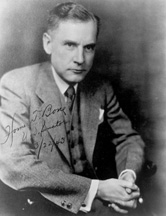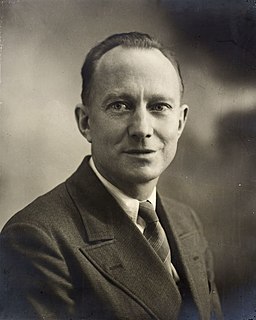A Quote by Subramanian Swamy
We [India in 70s] certainly were capable of producing eight to ten bombs, at a cost of about $250,000 each; and we had Boeing 707s to deliver them if we needed it, so I think we had a crude capability already at that time.
Related Quotes
The nerve agent VX is one of the most toxic ever developed. 13,000 chemical bombs were dropped by the Iraqi Air Force between 1983 and 1988, while Iraq has declared that 19,500 bombs were consumed during this period. Thus, there is a discrepancy of 6,500 bombs. The amount of chemical agent in these bombs would be in the order of about 1,000 tonnes.
I needed a vacation. I needed 5 women. I needed to get the wax out of my ears. My car needed an oil change. I'd failed to file my damned income tax. One of the stems had broken off of my reading glasses. There were ants in my apartment. I needed to get my teeth cleaned. My shoes were run down at the heels. I had insomnia. My auto insurance had expired. I cut myself every time i shaved. I hadn't laughed in 6 years. I tended to worry when there was nothing to worry about. And when there was something to worry about, i got drunk.
It cost about 75 cents to kill a man in Ceasar's time. The price rose to about $3,000 per man during the Napoleonic wars; to $5,000 in the American Civil War; and then to $21,000 per man in World War I. Estimates for the future wars indicate that it may cost the warring countries not less than $50,000 for each man killed.
Once, I discovered the skulls of two impala rams, their horns locked into an irreversible figure-of-eight; the two animals had been trapped in combat, latched to each other during the battle of the rut. The harder they had pulled to escape from each other, the more intractably stuck they were, until they had fallen exhausted, to their knees, in an embrace of hatred that had killed them both.
There were 33,000 missing Hillary [Clinton] emails. Nobody could find them. She claimed she deleted them. She handed over 30,000 to the State Department. They had them. They analyzed them. There are 30,000 she deleted. But people claimed that they had them. Like Kim Dotcom and there were others, that claimed they knew where they were, but nobody could produce them.
In the course of waging that war, the people of Canada had shown that it was possible for them to maintain nearly a million men in uniform and at the same time expand all the facilities for production within Canada at an unprecedented speed, including building industries which had never existed in Canada before... and by and large the cost of production in Canada compared favourable with the cost of production anywhere else among the Allies... All of this was accomplished without any foreign investment, without and foreign loans... We were quite capable of self-development.

































